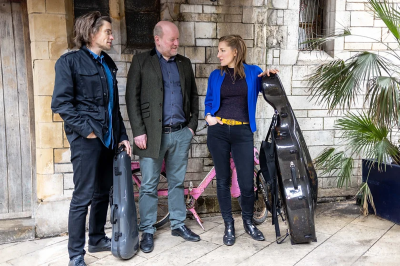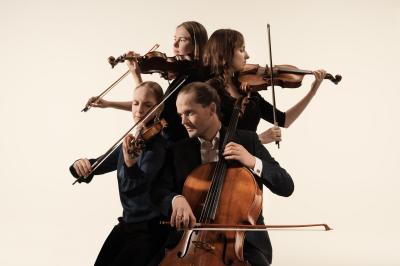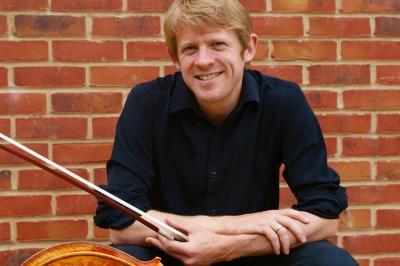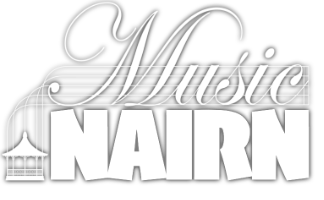Fitzwilliam Quartet
One glance at the programme for The Fitzwilliam Quartet's concert for Music Nairn revealed that this was not going to be your standard string quartet performance. Yes, the evening would feature a major Beethoven quartet, the towering opus 95 Quartet in F minor, but the first half consisted of an engaging sequence of unexpected treasures, while the second half opened with some mesmerising Bach!
The Quartet had enterprisingly selected a quartet by Thomas Erskine, Earl of Kellie with which to open the concert, a work which turned up in the archives of the highly musical Rose family of Kilravock Castle. Erskine trained in Mannheim with the Stamitz family who were at the cutting edge of the pre-classical style, returning to Scotland in 1756 a highly capable performer and composer. That his charming and eloquent C minor Quartet, rich in Germanic Sturm und Drang tensions but also delightful melodies and Scotch snaps, ends in muted melancholy is significant – he died at the age of 49 after a life of dissolution, having allowed his compositions to be scattered unappreciated throughout Scotland. The Fitzwilliam Quartet gave a beautifully idiomatic performance of this distinctive and appealing music.
Next came a beguiling performance of Delius' Late Swallows, a work of rich nostalgia in which the composer evokes his memories of Florida and his beloved France. The Quartet warmed to Delius' uniquely lush harmonies and meandering melodies in a highly evocative rendition. The Two Noveletten op 15 by Glazunov which concluded this imaginative first half were equally enchanting, the first depicting 'old Russia' through the harmonies of Russian Orthodox music, the second conjuring up equally memorably sultry Spain. These three underappreciated composers more than rewarded the trust placed in them by this adventurous programme-planning.
To describe the performance of the three Bach Contrapuncti from The Art of Fugue with which the Quartet opened the second half as spellbinding is no exaggeration. Playing without vibrato and with a sustained level of control and intensity which was remarkable, the Quartet highlighted the effortless genius of these pieces. Again this was no random bit of programming, as the Beethoven Quartet which followed shows that composer's facility with counterpoint. The F-minor Quartet is a startlingly abrasive work which juxtaposes episodes of aggressive rage with passages of sublime peace and harmony. Small wonder that its composer, who perhaps felt it revealed too much of his inner turmoil, considered suppressing it. Thank goodness he didn't, as we would have been deprived of a work, which is testing for both players and audience but deeply rewarding.
The Fitzwilliam Quartet gave a towering performance, always on the edge of danger, never complacent, but nevertheless finding the serene oases of calm, which make its otherwise pitiless landscapes bearable. Whispering pianissimos counterbalanced the fortissimo outbursts as they boldly explored every aspect of this rich piece. When we finally reached the slightly brittle jollity of the final coda, there was a feeling that we had all been on a substantial journey. Founded in 1968, the Fitzwilliam Quartet is technically a remarkably old ensemble, but there was nothing elderly about this enterprisingly programmed and dynamically executed performance.
Forthcoming Events






